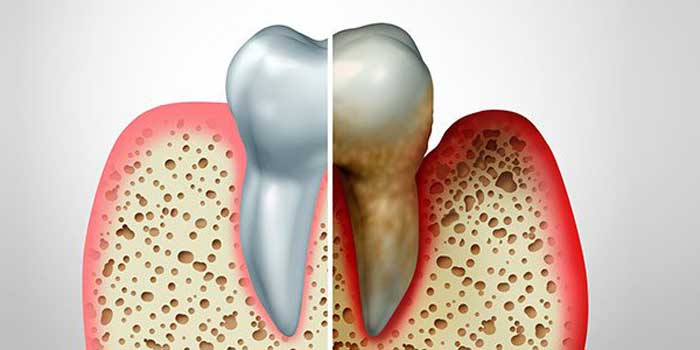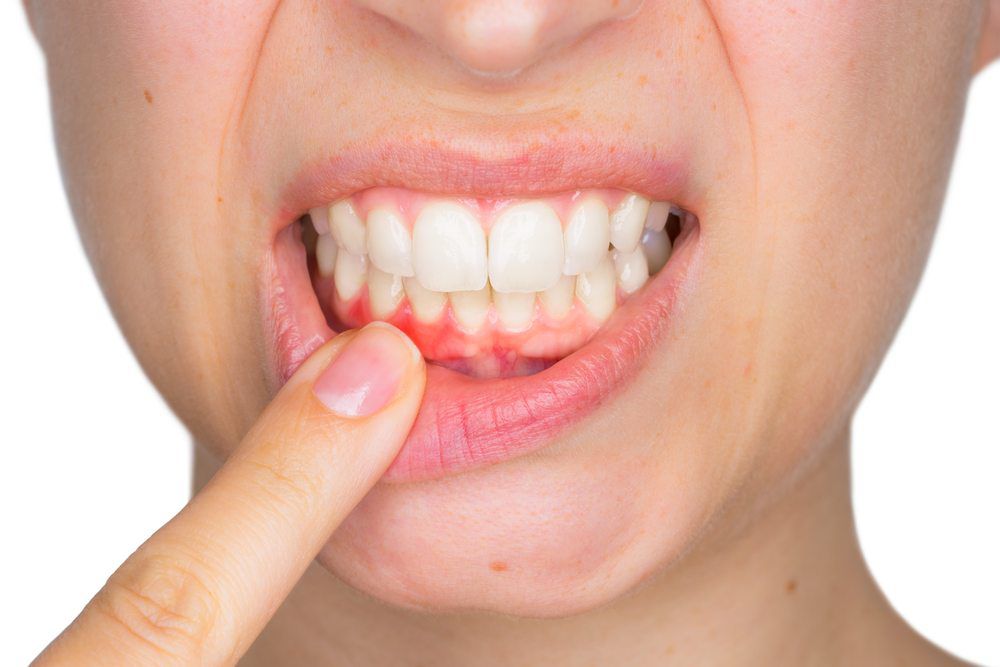Swollen Gums – Causes and Remedies

Swollen gums can be a warning sign of a more serious problem. Visiting a dentist can help identify any problems, and regular checkups will ensure that you aren’t suffering from an underlying condition. To treat swollen gums, rinse your mouth with saltwater several times daily, and do not swallow it. Using a hot or cold compress on the affected area can also be helpful.
If swollen gums occur without a specific reason, you can take steps to prevent them. Practicing good oral hygiene at home is an excellent way to prevent swollen gums. Brush your teeth at a 45-degree angle, and avoid using toothpaste that’s too harsh. Try brushing at least once a day, and make sure to clean between your teeth and gums. You can also use dental mouthwash or floss to remove plaque and tartar.
If you’re unsure of the exact cause of your swollen gums, the best thing to do is visit a dentist. Your health care provider can prescribe a medication to relieve your pain and ensure the condition doesn’t get worse. The first step is to change your toothpaste, or use a natural product. A combination of natural treatments and pain relievers is recommended for optimal results. But if your symptoms persist, it’s important to see a dentist as soon as possible.
Ginger is a great remedy for swollen gums. It contains antioxidant and anti-inflammatory properties. Apply ginger paste to affected gums and leave on for 10-12 minutes, then rinse thoroughly with water. If you are experiencing severe pain due to swollen gums, try using essential oils to relieve inflammation. Tea tree oil has anti-inflammatory and antifungal properties and can be used to treat other oral health problems.
Swollen gums are the most common signs of serious dental disease. If your gums are swollen due to an impacted wisdom tooth, you may have an impacted tooth or other dental problem. See your dentist to determine what is causing the swelling. Also, swollen gums can be a sign of more serious dental disease. When a tooth is impacted, it causes discomfort and pain in other teeth.

If your gums are swollen due to an infection, the cause may be bacterial or viral. For example, a person suffering from thrush may develop a strange white rash on their gums. A doctor may prescribe antifungal medications to treat this problem. If the infection is a bacterial infection, it can cause swollen gingivitis. An abscess causes the gums to bleed.
If you are suffering from swollen gums, you need to see a dentist as soon as possible. Usually the symptoms of stomatitis disappear after a week or two days, but it may take longer for them to disappear. If your swollen gums are caused by a disease, you can consult a health website https://www.prende.org.mx/. In some cases, surgery may be required.
Another way to prevent swollen gums is to maintain good oral hygiene. To do this, you should brush at a 45-degree angle to avoid rubbing your gums. If your gums are swollen, you need to brush your teeth thoroughly. Using a toothbrush that does not have a soft bristle will cause more discomfort. You should floss your teeth at least twice a day to keep them healthy.
To prevent swollen gums caused by a disease, visit a dentist at least twice a year. These visits will help your dentist spot any problems early and prevent them from getting worse. By practicing good oral hygiene, you will avoid the inflammation of your gums and ensure that they heal quickly. And, if your symptoms are severe, you should also visit a dentist to get the right treatment.
Although swollen gums are a warning sign of a more serious condition, it can be treated with dietary changes and regular oral hygiene practices. In addition to flossing, you should avoid eating foods that can irritate your gums, such as popcorn, which can cause inflammation. If you’re eating a lot of popcorn, you should limit the amount of popcorn you eat. However, if you’re prone to this condition, you should consult a dentist to ensure proper dental care.